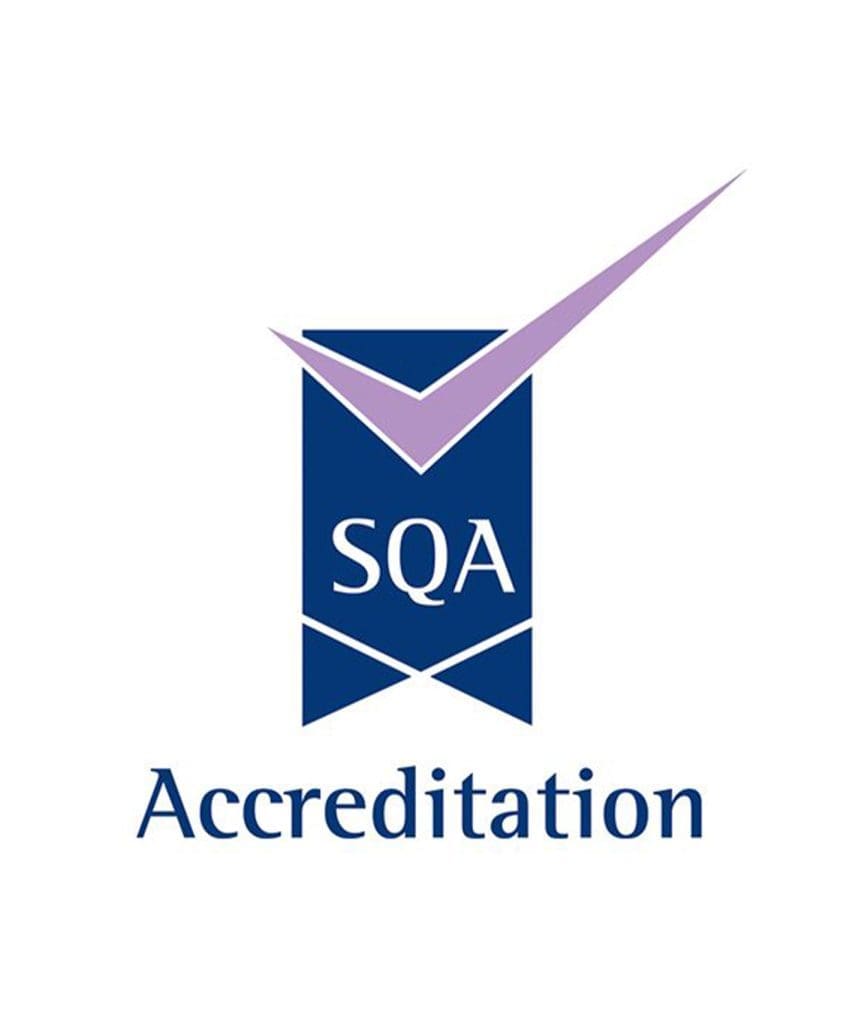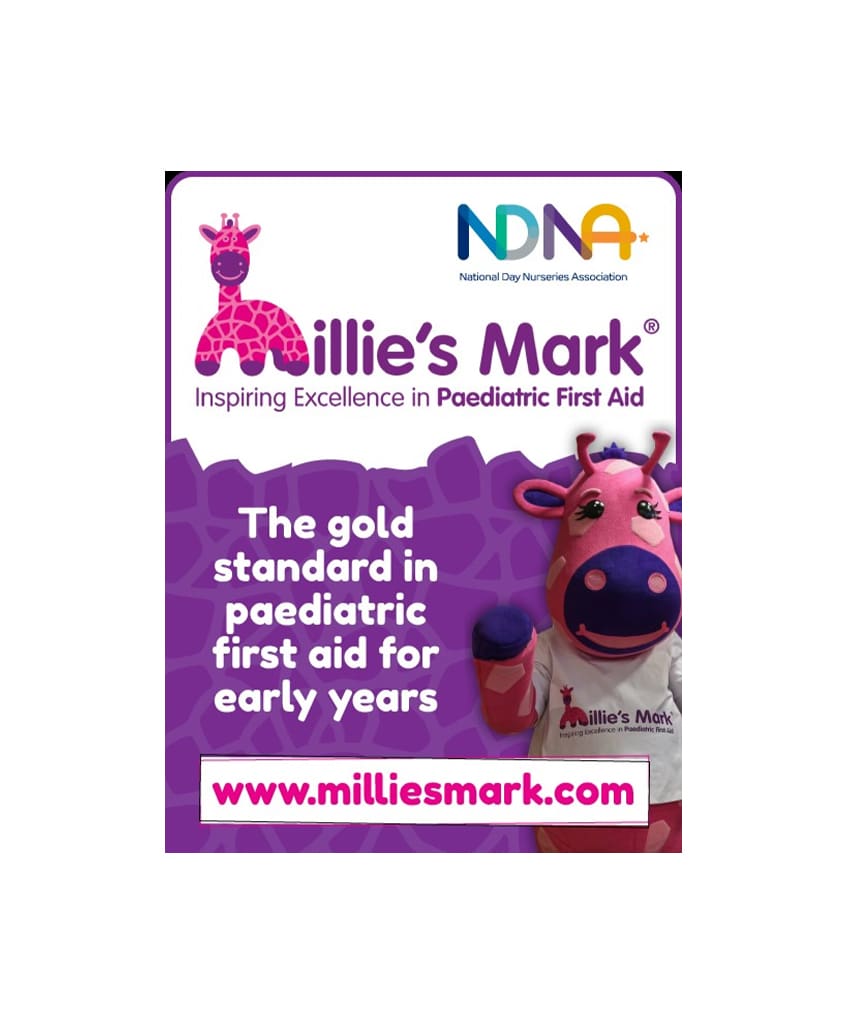Keep workplace stress and your Mental Health under control this Stress Awareness Day
The first Wednesday of November is Stress Awareness Day, which aims to highlight the different ways we deal with stress and how to reduce the stigma of stress in the workplace.
A recent survey by Perkbox discovered that 75% of all British adults in employment commonly experience work-related stress. Research by HSE shows this results in a staggering 12.8 million working days which are lost due to stress and this number is likely to increase with the current cost of living crisis.
We have all experienced stress in some form in our life, but it is how we deal with it that really matters. Life can be unpredictable and sometimes stress makes it hard for us to cope, but you should never be ashamed to ask for help. Stress is very much part of our fast-paced lives and learning to cope with it is crucial.
Coping with stress in our day-to-day lives
There are many ways to cope with stress, but you need to find the right mechanisms which work for you and your lifestyle, some examples are:
- Eat a healthy diet and exercise regularly
- Make time for yourself to relax and socialise
- Set yourself goals and review your time management skills
- Avoid unhealthy habits and get enough sleep
- Look for the positives and try and resolve stressful situations
Whilst these examples are helpful, the purpose of this blog is to focus more on workplace stress and how it can be managed. Stress is a normal part of work and life, but too much of it can have serious effects on team spirit and productivity.
At Cross Counties Training we teach stress management as part of our First Aid for Mental Health course. If you or your team has a need for training to help reduce the stigmas around stress at work, please do not hesitate to contact us at 01276 586943 or email us at admin@crosscountiestraining.co.uk.
Factors which lead to workplace stress
Workplace stress is different from just having a lot on your plate. If it is not managed quickly, it can be very harmful in the long run. A little bit of work pressure is ok and sometimes motivates us in short bursts to be productive, but excessive amounts can become overwhelming and very stressful.
Workplace stress can lead to mental health conditions such as anxiety and depression. It also affects our immune system and can significantly increase the risk of serious health conditions like heart disease.
There are many factors which lead to work-related stress, but some common ones are:
- Excessive workloads
- Not enough opportunity for growth
- Low salaries
- No clear opportunities for growth or promotion
- Work that is not engaging or challenging
- Not feeling like you have control over job-related decisions
- Unclear performance expectations
- Personal issues
10 ways to manage workplace related stress
It is difficult to totally avoid stress in the workplace, but you can take steps to manage work-related stress so that you can cope more efficiently.
- Keep track – Try and keep a journal to track which things cause you to get the most stressed and how you respond to them. Write down your thoughts, how it made you feel and information about the environment. It is also important to record how you reacted, did you raise your voice, leave the room, get a snack, or go for a walk? These notes will be very important to see patterns among your stressors and how you reacted to them.
- Battling your workload – If you are overloaded it might be time to have a discussion with your employer about your workload. This could include a change in expectations or managing deliverables differently. Other factors like maybe flexible hours or working from home to concentrate on key tasks and to focus might also help to reduce stress around key deadlines.
- Take breaks – It may seem obvious but sitting at your desk for hours on end is not going to help reduce your stress levels. By taking breaks throughout the day, employees will come back to the office with less stress and more energy to work. If possible, consider a short walk for some fresh air at lunchtime or eating away from your desk.
- Change to healthy responses – Instead of fighting stress by eating fast food or drinking too much alcohol. Look for other ways to release and cope with your stress like taking a short walk, meditating and looking for healthy choices in terms of food that will help reduce your tension.
- Create boundaries – It is difficult in today’s digital world to not feel the pressure of being available 24 hours a day. The challenge is to find some work-life balance and put boundaries in place to make sure you get some stress-free time. This may mean that you make a rule to not check emails or answer work phone calls when you are at home to help reduce stress.
- Switch off – We all need to take time to recharge our batteries and avoid the negative effects of stress and burnout by taking our annual leave days. By taking time off to relax, you will come back to work feeling invigorated and ready to perform at your best.
- Teach yourself to relax – There are different ways to relax, and you need to find the one that suits you at work. Techniques like mini meditation and deep breathing can help reduce stress at work. On breaks do not always reach for your phone, try and avoid screens and listen to music or call a friend for a catch-up and also think about managing your caffeine intake.
- Engage with your supervisor – It is within your boss’s best interests to create a healthy work environment, so don’t be afraid to have open conversations with your supervisor about stressful situations. The purpose of this isn’t to lay out a list of complaints, but rather to come up with an effective plan for managing stressful situations. Some examples may include helping you improve areas such as time management or clarifying what is expected of you on a project.
- Resolve stressful situations – Don’t let stressful situations develop at work. Try and hold problem-solving sessions and use negotiation skills at work to try and resolve and find a path forward. If necessary, look for a colleague or supervisor to assist you if you cannot find a solution to move forward.
- Ask for help – Your employer may also have an employee assistance programme which will give you access to stress management resources, online information and counselling if needed.
Have a stress-free day
One of the best ways to celebrate Stress Awareness Day is to take the time to really look at your work-life stress and see if there are ways to reduce it so that you can live a more balanced life.
At Cross Counties Training we want to help you to deal with stress in a healthy way. If you have staff or supervisors/managers and would like to speak to us about how we could help with your First Aid for Mental Health training requirements across the UK, please contact us at 01276 586943 or email us at admin@crosscountiestraining.co.uk for hassle-free bookings.
All our courses are certified and designed to help you understand your own stressors and develop coping mechanisms. We also provide you with tips and resources to keep your stress under control.









